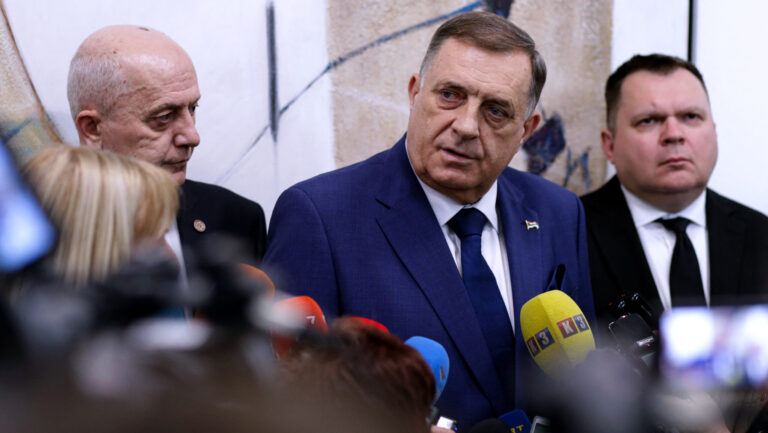Consumer price inflation in Hungary was an annual 12.2 per cent in September, the Central Statistical Office (KSH) announced on Tuesday, 9 October.
Inflation fell for the eighth month in a row after peaking at 25.7 per cent in January.
Food prices rose by 15.2 per cent in September, after a 19.5 per cent increase in the previous month. Meanwhile, household energy prices fell by 14.6 per cent, gas prices were 33.5 per cent lower, and electricity prices declined by 3.2 per cent. Prices in the category of goods that include vehicle fuel rose by 19.9 per cent. Motor fuel prices increased by 35.4 per cent.
Furthermore, prices of spirits and tobacco products increased by 12.3 per cent and clothing prices rose by 6.9 per cent. Service prices increased by 13.6 per cent, picking up from a 13.2 per cent rise in the previous month. CPI calculated with a basket of goods and services used by pensioners was 11.6 per cent. Month on month, consumer prices edged up 0.4 per cent.
Core inflation, which excludes volatile fuel and food prices, was 13.1 per cent.
Commenting on the KSH figures, the economic development ministry hailed ‘the government’s successful fight’ against inflation and expressed hope that the index may fall to below 10 per cent in November.
According to the ministry’s statement, the Central Bank had not been up to the task of tackling high inflation ‘fuelled by the war (in Ukraine), high energy prices, and ill-advised sanctions,’ so consequently, ‘the government took over the task and responsibility’ of handling it.
The government introduced its own measures to rein in inflation and reduce it to the single digits before the end of 2023, the statement said, adding that ‘the targeted measures are proving effective…as indicated by the KSH figures showing a tendency of inflation to shrink over the last eight consecutive months.’
The ministry singled out ‘an especially good’ development in food prices, adding that, on an annual basis, inflation fell from 44.8 per cent in last December to 15.2.
Source: Hungarian Conservative/MTI








